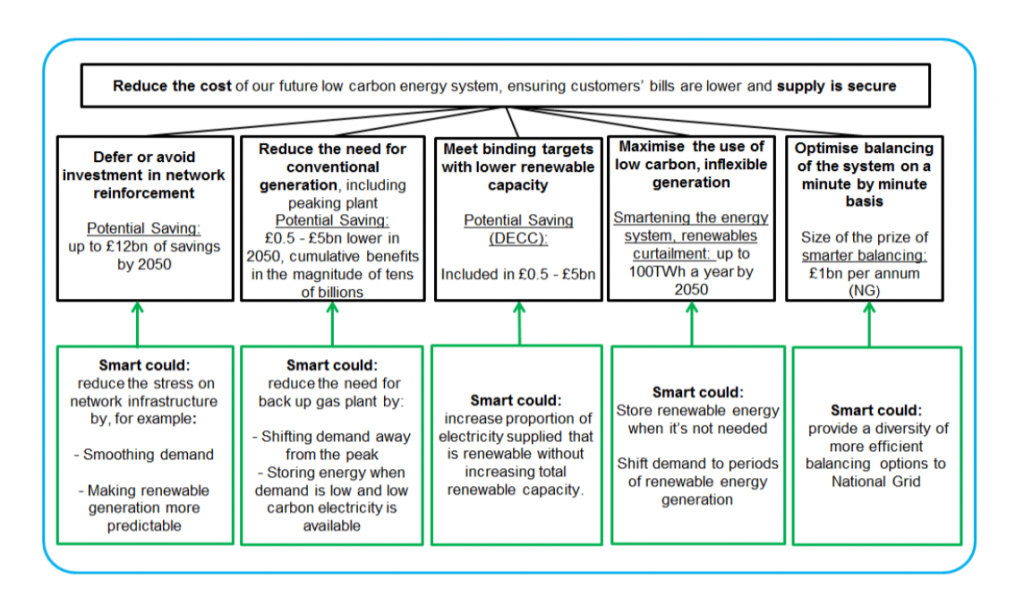This is such exciting news (to yours truly at least!) that I reproduce the United Kingdom’s Department of Energy & Climate Change’s announcement in full. From their headquarters in London:
DECC has today launched a Consultation to ensure regulation in the energy sector encourages innovation.
DECC invites stakeholders to offer their views on how effective the current regulatory framework is in enabling innovation.
The consultation focuses on the activities of DECC and the Oil and Gas Authority, with other energy sector regulators undertaking parallel engagement exercises.
Lord Bourne commented:
- Innovation has the power to transform the energy sector and the way we live every day.
- We are committed to cutting red tape and creating industry environments that foster new ideas and give technologies a commercial edge.
- Collaboration is key and I look forward to hearing the ideas from industry so we can ensure an innovative energy sector that works for hardworking families and businesses.
The Consultation on ensuring regulation encourages innovation will run for four weeks.
For more information and to have your say please email [email protected]
Rest assured that one way or another I shall be getting in touch with the innovation team at DECC before the deadline of 5 PM on February 11th 2016. Perhaps I’ll send them my past musings on the regulatory framework here in the United Kingdom? If you would like to do so as well all the small print is available from:
which adds that:
In its Productivity Plan, the government required all departments to publish an Innovation Plan by spring 2016. The purpose of each Plan is to set out how departments and regulators are adapting legislation and enforcement frameworks to enable innovation in the form of emerging technologies and innovative business models.
This consultation enables stakeholders to offer their views on current regulatory activities led by DECC and the OGA and how they interact with energy sector innovation. Other regulators are conducting parallel engagement exercises, for which links and contacts are provided within the document.
A related document from DECC, published last month and entitled “Towards a Smart Energy System“, is also well worth a read. It explains some smart energy innovations that the authors would presumably like to see implemented:
A smart, flexible energy system would involve incorporating new forms of flexibility in combination, including energy storage, demand side response (DSR), smart networks,as well as increasing interconnection. It could also involve energy efficiency improvements which target peak demand. Combining these solutions in a whole-system approach would help us achieve the following benefits:
- Defer or avoid investment in network reinforcement.
- Reduce the need for a significant increase in reserve generation capacity.
- Meet binding climate change targets with less low carbon generation.
- Make the best use of our low carbon generation.
- Optimise balancing of our energy system on a minute-by-minute basis.
It also summarises some of the associated regulatory “barriers” currently facing us here in the UK:
We have identified some potential barriers that mean new forms of flexibility such as DSR and storage may not develop in a timely or adequate way. This includes market and regulatory barriers, where we need to take a whole system perspective in some of our policies and regulatory arrangementin the future. Existing business models may also mean incumbents have incentives to stick with the status quo. Cultural inertia and skills gaps within existing energy companies may also be a factor in slowing the uptake of these technologies. The presence of these barriers shows that further action is likely to be needed if we want to realise the full potential of smarter energy system.


